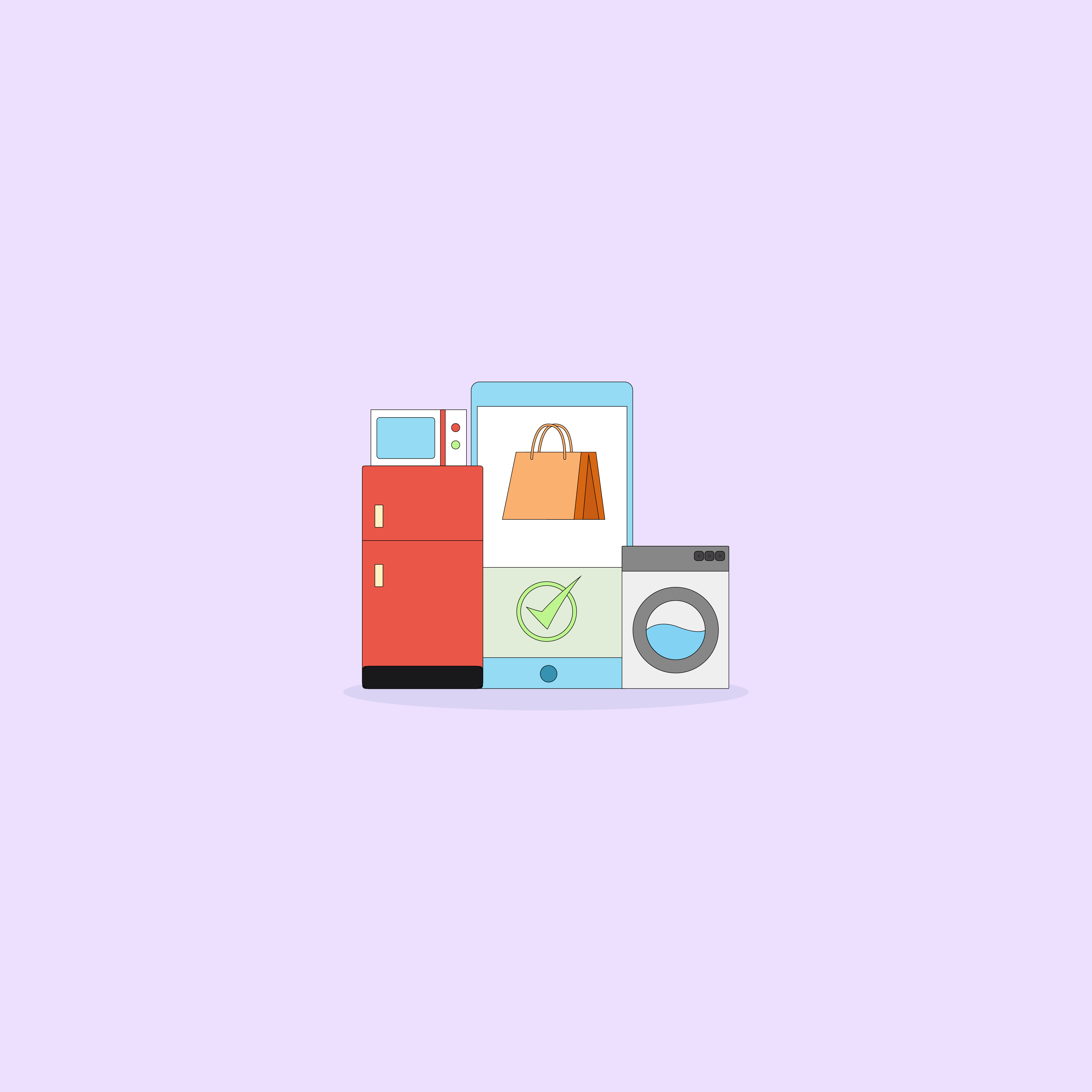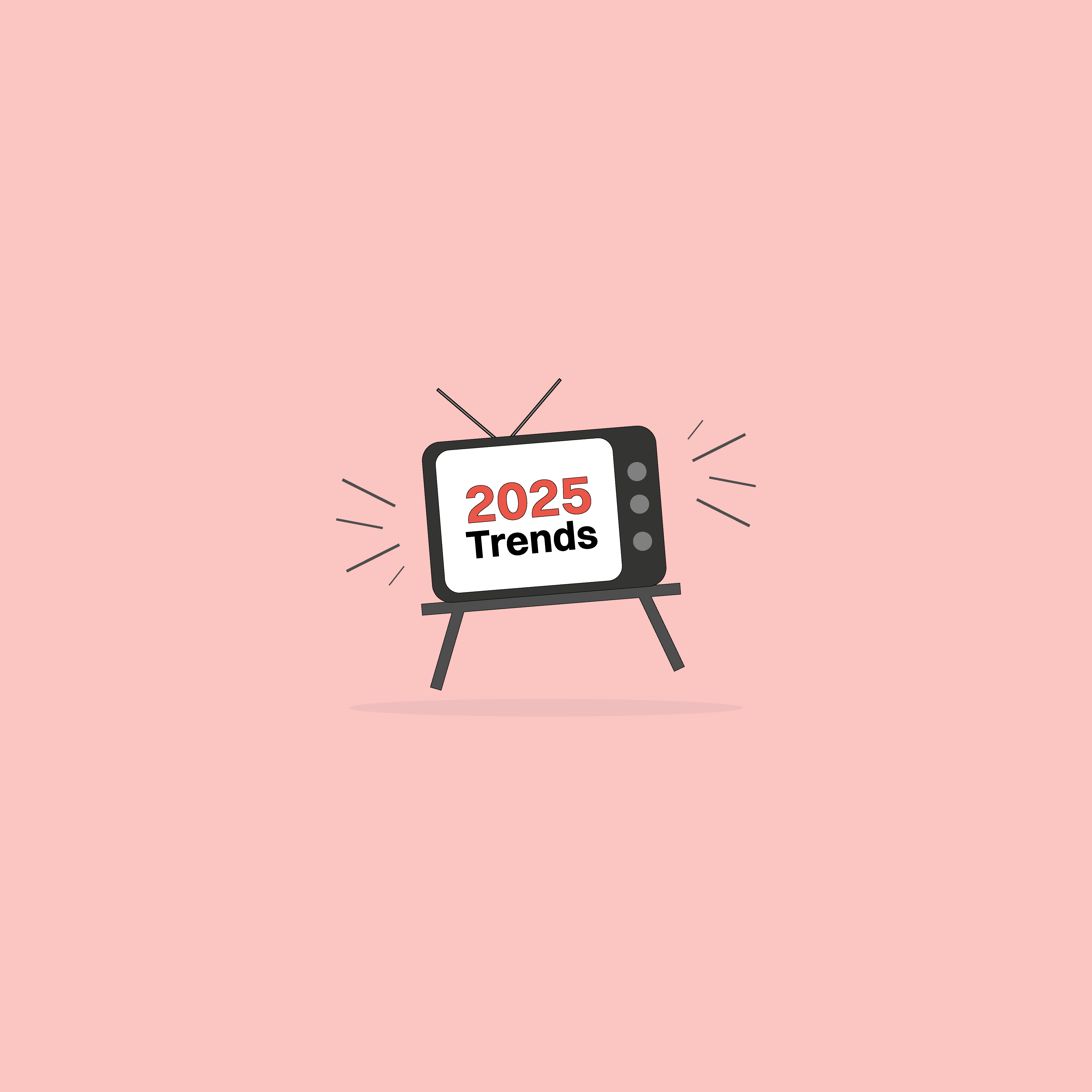We use cookies and similar technologies to enhance your experience. By clicking “Accept All,” you agree to the use of all cookies detailed in our Privacy Policy You can manage your preferences or withdraw your consent at any time
Why Personalization Is a Great Fit for Online Healthcare Services
The healthcare industry is one of the oldest in the world and, despite how far we’ve come in terms of treating patients, the way organizations market to them has always been lagging behind. That’s beginning to change in a major way, though. Many healthcare organizations have already begun leveraging the same ecommerce personalization strategies that have proven to work in other industries. It’s looking to be a perfect fit.
The Current State of Digital Marketing for Online Healthcare Services
With well over 40,000 apps on the market connecting patients and the healthcare industry, digital marketing has clearly made an impact. This impact saw a sharp increase around 2014. Back then, the 2014 Medicare Advantage Marketing Benchmark Study reported that 90% of the marketers they surveyed expected online advertising to grow in importance. 80% specifically cited automated marketing tactics.
Then, as the MM&M/Ogilvy CommonHealth Healthcare Marketers Trend Report 2016 later showed, diagnostic and medical companies were still focusing their marketing dollars on physicians.
However, tied for second were payers and consumers. This marked a significant development in the healthcare industry, as it showed the growing power they have over their options. After all, they were picked ahead of shareholders, providers, and advocacy groups. It’s no surprise, then, that healthcare organizations are investing in ecommerce personalization to target these important decision-makers directly.
4 Reasons Online Healthcare Services Can Benefit from Personalization
Of course, the rising trend in online healthcare services that you can expect to see for years to come is personalization. 73% of people prefer companies that leverage their personal information to provide a better experience. 78% said they would be likelier to shop with them again if the company provides them with personalized offers.
Healthcare organizations are using ecommerce personalization tools to provide content to patients based on their unique health issues, which they can decipher from their online behavior.
Here are four ways online healthcare services have already put this powerful technology to work.
1. Going Beyond the Status Quo
One of the reasons ecommerce personalization has been so successful is because simply put, people react differently to their own names. “Dear, Nathan” works a lot better than “Dear, sir.”
Dale Carnegie famously popularized this fact long before research confirmed it in his best-seller, How to Win Friends and Influence People. While using the patient’s actual name is a great start, it’s hardly the only way ecommerce personalization can be used to improve online healthcare services. To better engage the patient, ecommerce personalization tools can be used to analyze their online interactions and use this information to mention things like:
- Appointment Confirmations and Reminders
- Billing and Payment History
- Date of Last Interaction
- Doctors and Medical Center Recommendations
- Imagery Relevant to the Member/Patient
- Information About Diagnoses/Aftercare
- Online Browsing History
- Relevant Life Events
- Years as a Member/Patient
2. Providing a Personalized Product Recommendation
Everyone knows recommendation engines were one of the main reasons Amazon became one of the world’s largest retailers. Now, this form of ecommerce personalization is primed to do the same thing for companies in the healthcare world.
There are countless ways this technology can be used, but one popular example of this is the rise of mobile healthcare apps. Patients can pick from thousands of options that will help them based on the input they provide about their health needs.
Omada Health made headlines a couple years ago when they designed an online coaching program to help users avoid chronic health problems like diabetes. One of the ways it does this is by providing the user feedback information about diet and exercise.
77% of consumers reported that their biggest frustration with companies is that they receive product recommendations at inappropriate times. Healthcare companies that utilize ecommerce personalization correctly will be the ones that are able to recommend products to, say, a mom-to-be, not one who already had their child a month ago.
3. Better Engaging Customers
Unless online healthcare services are able to better engage customers, to begin with, nothing they plan to do afterward will matter. Not a single product recommendation will be taken until the site is able to grab a patient’s attention and get them to take action.
One example of a healthcare organization that did this correctly is Kindred Healthcare. They leverage real-time data analysis which allowed them to create segmented campaigns, so patients received content that was relevant to their interests. This also strengthened Kindred Healthcare’s relationship with them. Engagement saw huge improvements, too. Click-through rates went up as high as 30%, providing them with an ROI of 4,000%.
4. Offering Preemptive Information
A hallmark of ecommerce personalization is how content is provided to website visitors. Automation is used to recognize a visitor who has been on the site before, assess the content they viewed in the past, and provide them with more of the same. This is an obvious benefit to healthcare companies. As theHospitals & Health Networks pointed out:
“Personalization of hospital and healthcare websites and online portals is critical because of the type and amount of information patients need.”
Apparently, personalization is also part of a criterion researchers have to evaluate hospital websites and other channels. Sites like WebMD make it easy for patients to research different healthcare topics without spending the time and money to meet with a doctor.
Using ecommerce personalization platforms, healthcare organizations can make this even easier.
For example, if a patient was recently researching gout, the next time they visited a site, the organization could provide them with information about related issues like:
- Arthritis
- Diabetes
- Kidney Stones
- Stress
- Urinary Tract Infections
Given their past searches, there’s a strong likelihood that these topics may also be relevant.
The Future of Ecommerce Personalization and Online Healthcare Services
Though most people associate ecommerce personalization with sites like Amazon and other online retailers, it should now be clear that this technology is a perfect fit for the world of healthcare, too.
People want help with their health problems. What they don’t want is to be responsible for digging through all the information available in order to find them. By utilizing the same tactics as retailers, online healthcare services can better serve their patients and make sure they receive the treatment they need.








